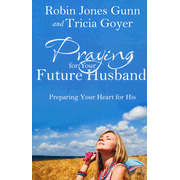Today, I'm delighted to have Lori Scott join me. You may remember when she bopped by several years ago with the release of her first books for K-2nd graders. Well, the books did amazingly well...and she's back with more books. If you have young kids in your like, you can know how challenging it is to find books that they'll find entertaining but that reinforce your values. These books do. And the illustrations are great. So be sure to check them out. Now here's Lori!
FIRST, WHAT IS ONE UNUSUAL THING ABOUT YOU?
I can draw with both hands at the same time. And, by using both hands, I can write forwards, backwards, and upside-down all at once. It doesn’t make me a better storyteller, but it’s a cool trick!
I UNDERSTAND YOU TEACH. HOW DOES YOUR EXPERIENCE AS A TEACHER HELP YOUR WRITING?
One big advantage to being a teacher is that I’ve worked extensively with my target audience. The Meghan Rose series is geared for an age group that has shared a huge part of my life. I taught primary grades (K, 1, 2) for nine years before retiring to raise my own kids, and now I’m back in the classroom teaching second grade. I’ve also worked with kids this age on a volunteer basis at church. I understand the challenges this age group faces, the jokes they enjoy, the way they talk and act, and how they play. I believe that understanding gives my writing authenticity. I know the kids I’m writing for…and that better equips me to reach them.
I UNDERSTAND YOU WROTE THE FIRST BOOK IN THE SERIES FOR YOUR DAUGHTER, NEVER INTENDING IT TO BE PUBLISHED. WHAT MADE YOU PURSUE PUBLICATION?
Let’s start with that initial story. When my daughter was in first grade, her teacher started reading the Junie B. Jones books in class. Since Meghan liked them, I picked up a few copies.
I enjoyed the humor in those books, but when Meghan started acting and talking like Junie B., I started editing out those grammar slips, name calling and bad attitudes…and looking elsewhere. I thought there had to be an alternative choice—a book that was just as funny, but also had a good take-away value. At that time, most Christian bookstores didn’t carry fiction for that age group, only devotional books and Bible stories.
Eventually, at my daughter’s urging, I wrote the book I couldn’t find—a book just for her. I put in everything she wanted—an interesting story filled with giggles and characters worth rooting for—and everything I wanted—good moral values (but with nothing preachy about the story at all). (I hate preachy, I love amusing.)
Now fast forward a bit. At a writing conference, my hunt for good fiction came back to mind. Almost on a whim, I wrote up a proposal for a whole series based on the book I wrote for my daughter. After all, I knew there had to be an untapped market because I WAS part of that untapped market. I pitched the idea to editors, and eventually landed a contract for the series.
One thing I find interesting is that when the Meghan Rose series was first released, there were very few Christian fiction titles available for the K-2 age group. Now you can find a handful of other options out there, and I’m guessing (and hoping) more on the way.
COULD YOU TELL US A BIT ABOUT THE SERIES—WHAT AGE GROUP THEY ARE AIMED AT AND WHAT TOPICS THEY EXPLORE?
As I said, they are geared for kids in grades K-2, the age I’ve worked with the most. But I have had older kids who enjoy reading them too. Although it’s a series, each book can be read as a stand-alone adventure. Each book has an overall theme, such as friendship, patience, joy, honesty, or humility. These concepts are NOT preached, but subtly woven into the storyline. There are discussion questions and activities at the end of the book for those parents (or children) who want to continue to explore the theme. Some home school parents have especially appreciated this feature.
 WHERE DO YOU GET THE INSPIRATION FOR THE HUMOROUS PARTS OF THE BOOKS?
WHERE DO YOU GET THE INSPIRATION FOR THE HUMOROUS PARTS OF THE BOOKS?
Most of that comes from my upbringing. My dad constantly came up with puns and jokes. I can’t tell you how many hours we spent laughing around the dinner table. Plus I grew up on a steady diet of comic books. Peanuts and Garfield were my favorites, and later Calvin and Hobbes. I also watched comedy on television, especially
The Carol Brunette Show and… though I hate to admit it…
Hee-Haw.
Also, some of my inspiration just comes from everyday life. My kids crack me up. They both have a great sense of humor.
DO YOU WRITE YOUR OWN JOKES? IF SO, HOW?
I try to write my own jokes for the books and my website. It’s not as hard as it sounds. A lot of jokes just involve word play or surprise. I start with a theme, like clothes. Then I brainstorm a list of words associated with the theme. When I’m done, I look over the list and see which words have a double meaning or can be played for humor. For example, here is a word play one I wrote that usually gets a chuckle: What kind of shoes does a plumber wear? Answer: CLOGS!
CAN YOU SHARE AN IDEA FOR PARENTS TO HELP THEIR CHILDREN BE MORE CREATIVE?
One great idea is to encourage your children to create. They can draw, paint, write poems or comics… whatever! Children can listen to or dance to music. They can dress up and put on a show for family or friends, or memorize a silly poem. Whatever they do should be fun…and SHARED with someone who can cheer them on.
DO YOU HAVE ANY TIPS FOR WRITERS?
It seems the things I did early on when I started writing were helpful. Those things include: join a local and/or online writing group, do writing exercises to develop your skill (there are several great online prompts), attend a writer’s conference, learn as much as you can about the publishing industry (specifically, how to write cover letters, how to write a query, how to submit your manuscript, and where to find publishers), study children in the age group you are trying to reach, and read books in genres similar to what you want to write so that you can learn from those already published.

Keep your dialogue authentic and write from a child’s point of view. That means you may have to look at the world in a whole new way!
Writers should also not be afraid of revision. Most successful writers will tell you that you spend more time revising your story than drafting it.
Keep in mind while many things can be taught and learned about the craft of writing, the essence of good writing involves pouring out the passion or mystery or sorrow or joy stored up in your heart. Writing requires a certain amount of vulnerability and courage. And it creates a certain amount of intimacy with your reader.
WHERE CAN WE LEARN MORE ABOUT YOU AND THE BOOKS?
They can visit my website at
www.MeghanRoseSeries.com. My award-winning illustrator, Stacy Curtis, designed it. It offers jokes, puzzles, and activities for kids and great ideas for teacher and parents (on Mrs. Arnold’s BLAM page). It also introduces the books and characters, provides links to book reviews, and gives ordering information.
BIO:
Lori Z. Scott is a second grade teacher, the mother of two busy kids, and author of the bestselling
Meghan Rose series. She has also contributed to over a dozen books, including
Real Moms and Eppie Award winning
Infinite Space, Infinite God. Other publications include poems, puzzles, articles, short stories, and devotions for children, teens, and adults.







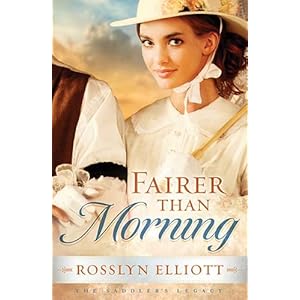
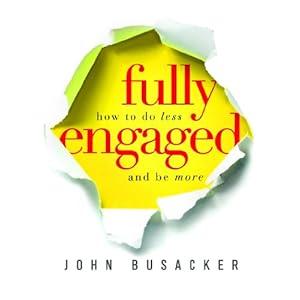
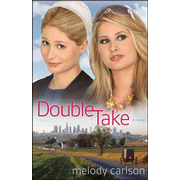













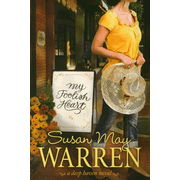
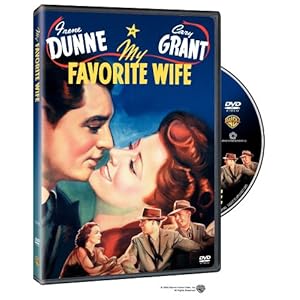








 Let’s face it. Without you, the wonderful readers, books would not exist and I wouldn’t be able to wake up looking forward to a job that is fresh and exciting each and every day. Praise God for this incredible opportunity!
Let’s face it. Without you, the wonderful readers, books would not exist and I wouldn’t be able to wake up looking forward to a job that is fresh and exciting each and every day. Praise God for this incredible opportunity!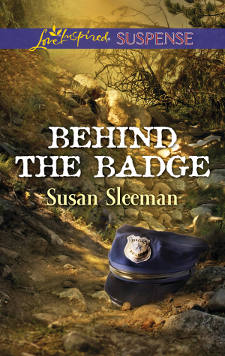
 SUSAN SLEEMAN is a best-selling author of romantic suspense and mystery novels. She grew up in a small Wisconsin town where she spent her summers reading Nancy Drew and developing a love of mystery and suspense books. Today, she channels this enthusiasm into writing romantic suspense and mystery novels and hosting the popular internet website TheSuspenseZone.com.
SUSAN SLEEMAN is a best-selling author of romantic suspense and mystery novels. She grew up in a small Wisconsin town where she spent her summers reading Nancy Drew and developing a love of mystery and suspense books. Today, she channels this enthusiasm into writing romantic suspense and mystery novels and hosting the popular internet website TheSuspenseZone.com. 




